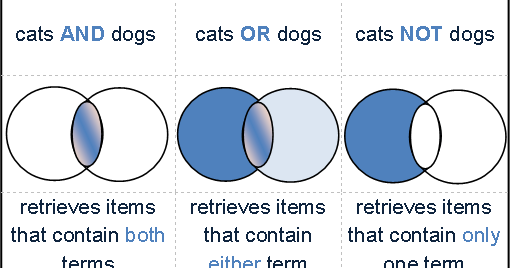

You can use nearly all basic and advanced commands together to narrow your search further. Here are six tips for using them effectively: Remove spaces between commands and search terms.Ī clean search will likely give you the best results. Google Search operators can be valuable research tools when you understand how they work. Example: phonebook:kai jones Tips for using Google Search operators Example: marketing jobs daterange:20120-20140 Example: +dog breedsĭaterange: Search within a certain date range in the Julian date format. + Find the exact match of a word or phrase. ~ Include synonyms of a word in your search. If you use them in a Google Search, they might not work.

Related: Guide: What Is SEO? Seven deprecated Google Search operatorsĭeprecated Google Search operators are unreliable or give inconsistent results. Inanchor: Search for sites linked with specific anchor text.

Inposttitle: Search for a term within a blog post title. Intitle: Search a page title for a word or phrase. Inurl: Find a URL with a certain word or phrase. Add "all" before any of the following search operators (allinurl, allintitle, allinposttitle, allinanchor) to search for all terms. Example: intext:B2BĪllintext: Search a page for every term after the command. Intext: Search for words within a webpage's body text. Example: map:houstonĪROUND(X) Search for terms within a certain number of words of each other. Stocks: Get information about a stock, including its price and recent trends.
ALL GOOGLE BOOLEAN SEARCH LOGIC ZIP
Weather: Find the weather for a location by city, state, county or ZIP code. Example: filetype:PDFĭefine: Find the definition of a word. Example: cache:įiletype: Search for only one type of file. Example: related:Ĭache: Find Google's most recent cached (saved) version of a webpage. Related: Find websites with content similar to a certain website. Site: Search within a certain website or web domain. They help filter search results more than basic operators.
ALL GOOGLE BOOLEAN SEARCH LOGIC HOW TO
Related: How To Use Google Alerts During Your Job Search 15 advanced search operatorsĪdvanced search operators are commands that usually need additional information (such as a website or a related term) to work. In Put "in" between two units you want to convert. Example: Use this symbol to search for hashtags. Example: piano Use this symbol to search for results in social media. You can use the Euro sign to search for prices in that currency. $ Use a dollar sign to search for prices.

If you want to search for a number between a range of numbers, place two periods between that range. Put a hyphen before any term you want to exclude from results. ( ) Put a search term between parenthesis to group commands. | The pipe symbol does the same thing as OR. Example: B2B OR B2CĪND Place AND (all caps) between two words if you want your results to include both. Use it to search for results that have one of those words but not both. OR Place OR (all caps) between two words to combine searches. * The asterisk, known as a wildcard, searches for any word or phrase you include. " " Surround your search term with quotation marks to get an exact match of that word or phrase. These 12 basic search operators are the ones people use most frequently, particularly when doing research. Professionals who are responsible for search engine optimization (SEO) in their jobs use these commands frequently and likely know many advanced search operators. By focusing on certain keywords and excluding others, they allow you to use Google more accurately and effectively. Google Search operators are combinations of words and symbols that improve your online search results. Related: The Complete Guide To Researching a Company What are Google search operators? In this article, we list some basic and advanced Google Search operators with tips on how to use them. Google search operators, or characters you can add to your search word or phrase, help you find more refined and targeted results. Running a simple Google search can leave you with an overwhelming number of results.


 0 kommentar(er)
0 kommentar(er)
